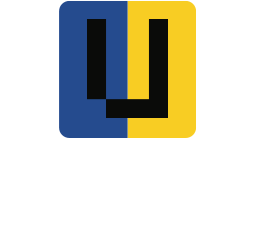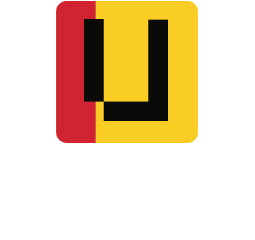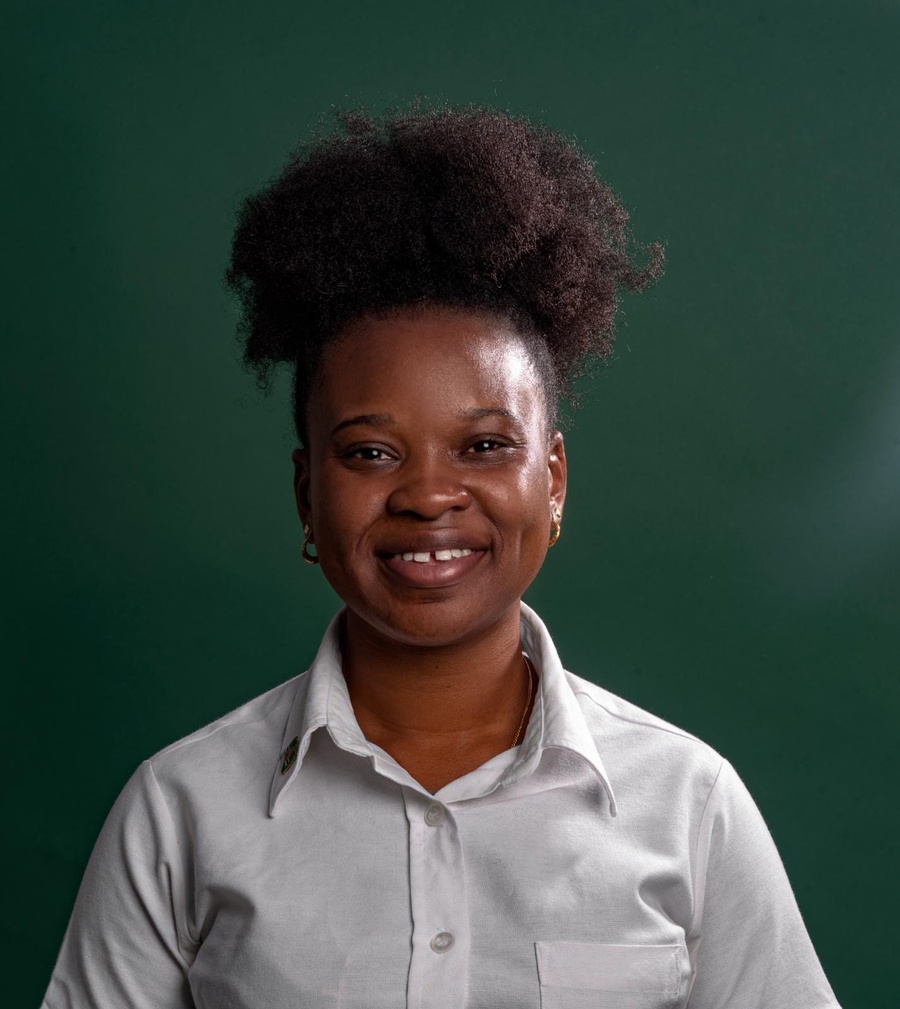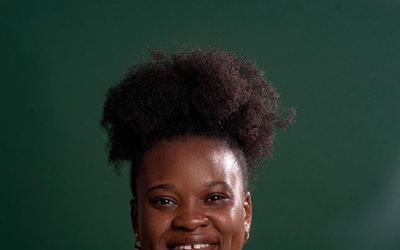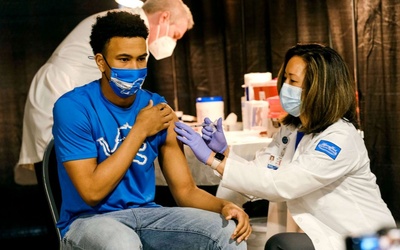There is no Governance without people. Thus,
young people in the OECS need be actively engaged in the process of Governance
if they want to inherit a future that looks and feels like them. Governance, in
the context of Caribbean Small Island developing states is complex. It involves
the overall planning, leadership, and coordination of the legal and
administrative oversight of a country. However, for public governance in the
21st century to be effective in SIDS like the OECS, the outcomes need to
positively impact the polity, economy and most importantly society (Grenade,2012
) . Hence, it is always alarming that most policy makers do not speak directly
about the deliberate inclusion of young people within the processes of
Governance. Young people, however, need to make it their duty to
understand what Government entails. As such, It is of my view that the lack of
interest and disengagement of young people with politics is due to their lack
of knowledge of how much it affects their lives.
For Governance to thrive and become “good” the youth must
be involved. Remember, for a government to make the necessary changes for the
future that we the youth of the region want; we need to let our governments know
what we need from them today. Political
Behaviour amongst an electorate is never stagnant but always progressive in nature. As young people we have more power in our hands than
we give ourselves credit for in our democracies. A mass movement of young people is needed at
this time, to fully realize our potentials and ensure we are central to the
governance conversation in our respective states. However, few young people are engaged in the processes of
democracy, and many are reluctant to be associated with anything political. Politics
is an extremely loaded word but in its simplest definition it boils down to two
factors, people, and their decisions. According to Andrew Heywood “Politics, in its broadest sense, is the activity through which
people, make, preserve and amend the general rules under which they live.” Parties in a democracy base their
manifestos and campaigns on their party's views and ability to deliver in areas
of development that is demanded by its citizenry. Governments pass legislation
and create policies that are in the interest of the Citizens. As Young people
we need to view ourselves not as mere onlookers of the Debates that take place
in the House of Assembly but as the shapers of these debates.
Often, people make the mistake of thinking that politics
and political leadership only involves political parties, their
representatives, and their delegates. Politics involves all of us, for without
people there is no politics. Notwithstanding, that we must be realistic of our
countries position and where we want to be in the future of our development for
effective change to take place. This is a barrier that the youth have put up
against their own sleeves without knowing. Our numbers, especially when
operating as the majority in certain countries, count for something. Be it
voting, or holding our governments accountable beyond an election, a mass
movement of young people is needed at this time, to fully realise our
potentials and ensure that we are central to the governance conversation in our
respective states. “What
is our mirror image?” Is what Sir Errol Barrow, former Prime Minister of
Barbados would ask yourselves. Are the legacies of enslavement still so
pervasive that we cannot see ourselves as competent and worthy enough to enter
the mainstream of our development? Perhaps Bob Marley was right, we need to
emancipate ourselves from mental slavery, and none but ourselves [youth] can
free our minds. It is fully our responsibility to let our
voices be heard and make use of our natural talents to do so effectively.
“Good governance”
is something that we must understand as individuals, and it is our collective
duty to achieve it. If we want change then we need to recognize that it will
only take place if we lend our voices to the political issues in our communities
and countries by extension. The youth have a responsibility to ensure that
their countries progress in the ways that are beneficial to our growth as
citizens. However, one of the major barriers that youth face in active
participation in politics lies with how the rest of the populace views the
youth. Negative attitudes and views of the youth is a major deterrent to their
active participation in politics. The attacks on their personal lives and choices,
the traditional conservative views that they have already broken from are used
as fear tactics towards their involvement. Their difference in views of their
society is vastly different from the traditional views of the yesteryears of
the Caribbean. Yet, a society simply cannot fully progress without the
involvement of the people who make up society, but it is also up to the people
to inform and effectively involve themselves and ensure that their importance
is known and felt.
How we position
ourselves must be strategic, we must take the lead and lend our voices
especially in the sectors that we are directly involved and most actively
engaged in such as, sports, culture, and education. The rhetoric of the youth
must change and the older generation, stuck in their attitudes due to the
difference in how they were raised and the era that they were raised will not
change. Change will begin when we take in front and show them that we are fully
capable of leading and being champions of our countries. Parties change and
adapt their strategies to our behaviour; they create policies and pass
legislation that they argue are in our best interests, clearly, people shape
Governance. Political parties hire political scientists and
analysts to observe changes in the voting population and base their campaigns
on the behaviours of the majority. How the youth react to Government plans
plays a big role in how parties shape their campaigns. Our voices are so strong that even our silence matters. Again,
therefore, I say that we must be informed with what governance entails. Our
views of Governance and the role of Governance controls the narrative of
development in our respective countries. If it is of popular view amongst the
youth that Constitutional Reform and Review needs to happen, then it will
happen, if we are silent about it and say nothing then it will never be given
importance. It is up to us to bring attention to the areas that we would like
to highlight for development. Whether it is technology, education, sports,
energy, mental health, the environment, creative arts, you name it, if we do
not highlight the importance of and within these areas then the changes that we
want made will not happen.
As youth, we are the holders of progressive views that are
critical to the development of our respective Islands. Yes, we are dependent on
our governments and the policies and projects that they put in place to experience
better lives in our countries, but it is our duty to ensure that our governments
make the changes that will be beneficial to our futures. As such, we need to be
informed, objective and reasonable in our discourse. The only way that we can
break down barriers established against youth participation in politics is by understanding
the political environment that we live in. This includes our political
structures and systems, so that when conversations arise of changes that are to
be made, we will be able to lend our voice and be taken seriously. For a democracy to work, somebody has to give way to a stronger viewpoint, but it must be agreed by the
masses. It is therefore of paramount importance that Young People lead in spaces
that they can impact and understand the importance of community. This does not mean
that they must run for a position in Government as is it not the only area that
one can effect meaningful change. Other areas, such as sports, village
councils, trade unions and other social groups are of equal importance, even
though it may not attract the same attention. In the it is the impact on the
wider societal construct that counts.
Hence, we
need to show interest, pay attention, and participate in our countries Politics.
Therefore, we have absolutely no reason to doubt how powerful the youth voice
is in elections. Topics such as Constitutional Reform, individual ministries performances,
youth, and unemployment, at risk youth, educational reform, mental health,
Child abuse, sexual offences, climate change, agriculture, tourism, and many
other areas, must have our interest and we should not be afraid to voice our
opinion on these matters. Even if you are afraid to publicly voice your opinion
the OECS Report gives you the opportunity to let your
voice be heard and get your concerns to the policy makers of your country. If you are not invited to the conversation, the
truth is that you need to bring a walking chair, stool or better yet stand and
when the opportunity arises speak up. Form groups, create communities, unify
for the change that you want to achieve. Remember that our voice matters, but
it is up to us to make it known.










